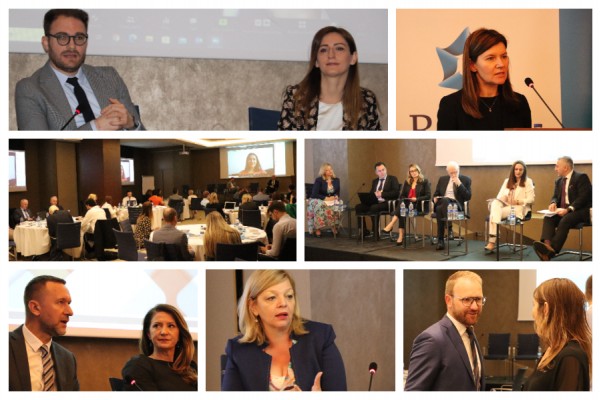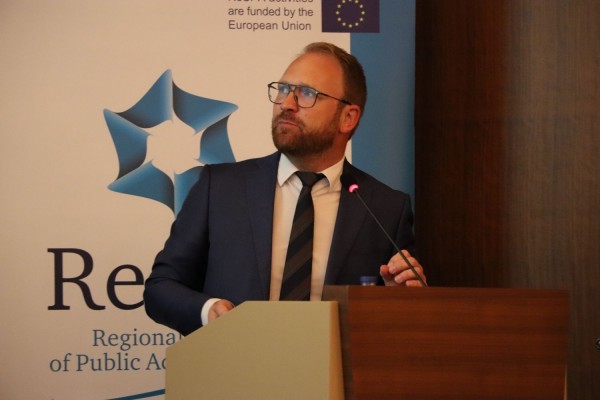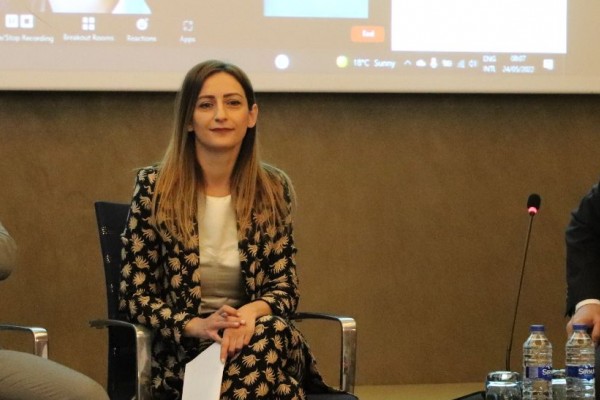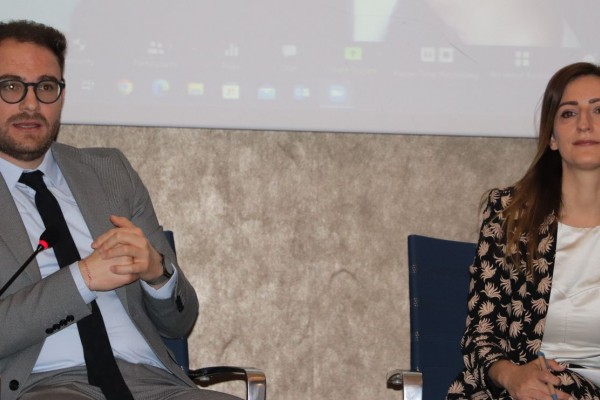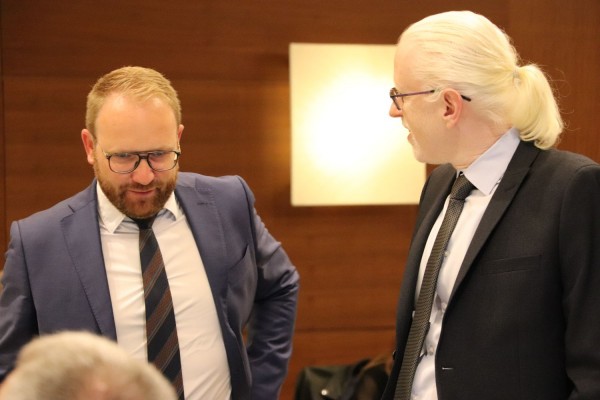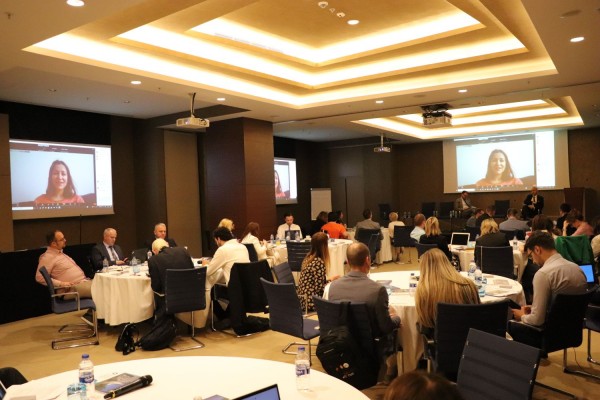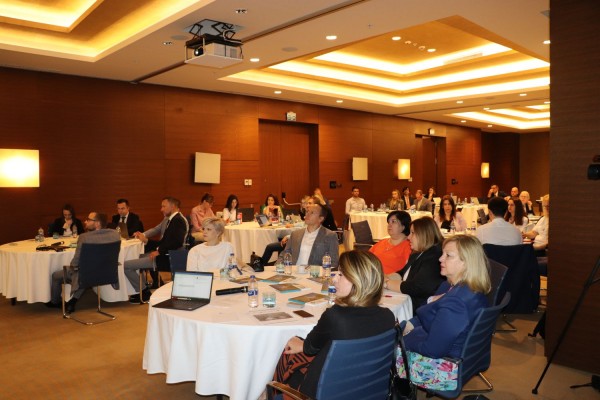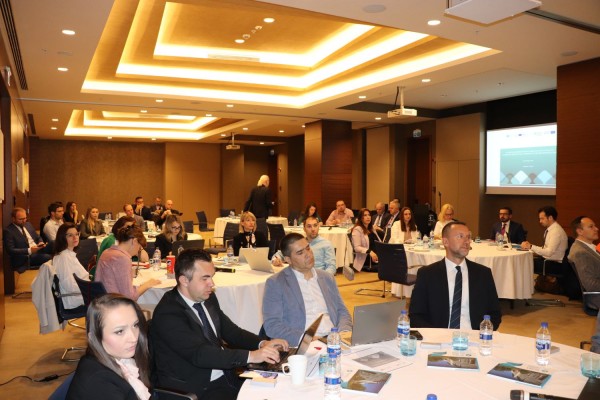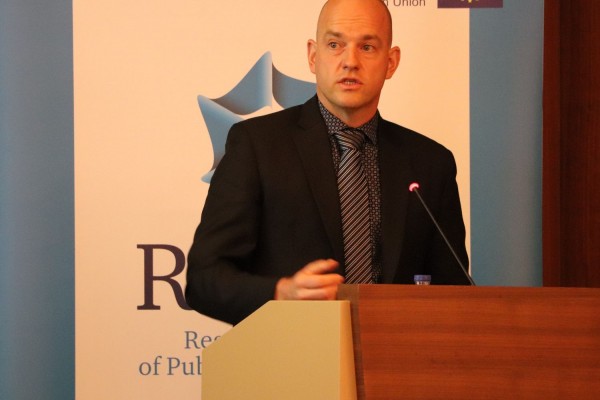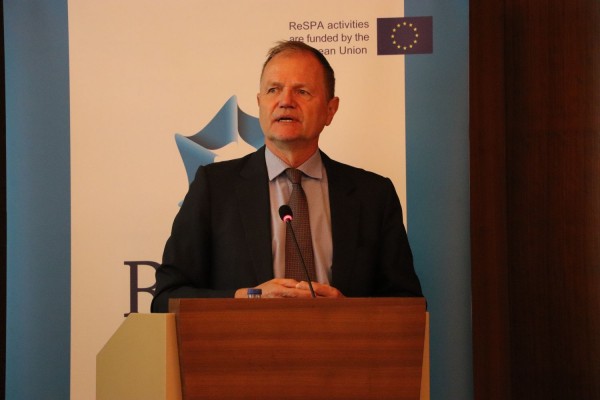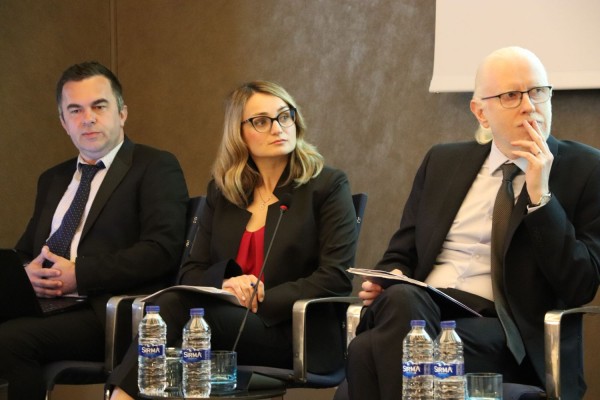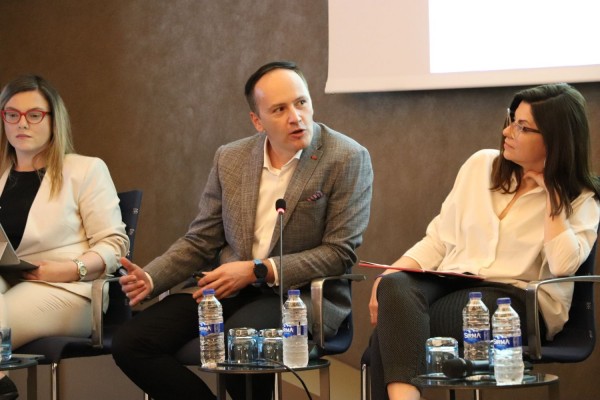
Better regulation is not a goal itself: It serves a purpose - to enable an environment for public administrations to function well and meet citizens’ needs and for businesses to grow
ReSPA and OECD/SIGMA organised the Conference “Achieving administrative simplification through evidence-based policymaking in the Western Balkans”, designed to identify ways to achieve better administrative simplification in policymaking and public service delivery.
“Administrative simplification in policymaking and service delivery is a basis for a better government for all and for policies that meet citizens’ and businesses’ expectations. The urgency of administrative simplification reforms is pressing in the current context of multiple, overlapping crises. Today, we gathered to discuss regional and EU good practices and regional challenges in planning and implementing better regulation and administration simplification programmes. Despite continuous improvements, especially through regulatory impact assessments, public consultations or IT systems - implementation gaps are widespread in the region. The simplification agenda has a strong digitisation facet, and the potential of simplification through digitisation should be harnessed to the full. I am sure that this Conference will be an important milestone and step forward to better administrative simplification in policymaking and public service delivery in the region.” said Maja Handjiska-Trendafilova opening the Conference.
Gregor Virant, Head of the SIGMA Programme, addressed the participants underlining the importance of prevention and proactivity in simplification in policymaking and the importance of proper implementation of simplified processes. There, leadership is the essence – champions in public administration shall raise awareness of simplification and convince all actors that simplification wouldn’t harm the processes.
Sandra Laquelle, Policy Officer for PAR in the European Commission, emphasised that the administrations in the Western Balkans have made progress compared to some years ago regarding the implementation of administrative simplification measures. She highlighted the importance of further simplification in policymaking and service delivery as an integral part of public administration reform efforts in the Western Balkans.
Nick Malyshev, Head of Unit Regulatory Policy in OECD, introduced EU Better Regulation Practice by presenting how regulatory management tools are implemented in the EU, Timo Ligi from SIGMA presented the key findings of the SIGMA Monitoring Reports in this area and the importance of RIA in achieving administrative simplification, while Erik Akse focused on minimising administrative burden creation through effective policymaking. Nick Thijs from SIGMA gave a comprehensive overview of the EU approach to designing and delivering user-centric services. Finally, Dorota Denning, Member of the Regulatory Scrutiny Board (RSB), European Commission, presented the role of the RSB of the EC in external scrutiny and quality assurance of regulatory policy and administrative simplification in the EU.
Through various panel discussions composed of public servants from the region who deal with PAR, simplification processes and service delivery, the Conference contributed to knowledge transfer and debate on regional challenges in planning and implementing better regulation and administration simplification programmes. They exchanged concrete experiences in simplifying and digitalising processes to deliver better services for citizens, raising vivid interest from the audience, provoking critical thinking and brainstorming.
ReSPA Programme Manager in Better Regulation thematic area, Gentian Xhaxhiu, highlighted that “when discussing concrete issues and policy options, each administration needs to develop its own model but also learn and adapt from others’ experiences to undertake administrative simplification successfully. Most of the challenges are common in all the WBs administrations, which leads to thinking that these commonalities allow the undertaking of similar approaches to overcome them.”
Olivera Damjanović, ReSPA Programme Manager in E-Government and Quality Management, underscores that „ processes of simplifying administrative procedures are becoming almost inseparable with digitalisation processes. Public administrations and institutions should streamline administrative procedures to deploy digital solutions, creating in such a way more efficient and more transparent internal processes and public services for citizens and businesses to better respond to their needs and expectations.”



